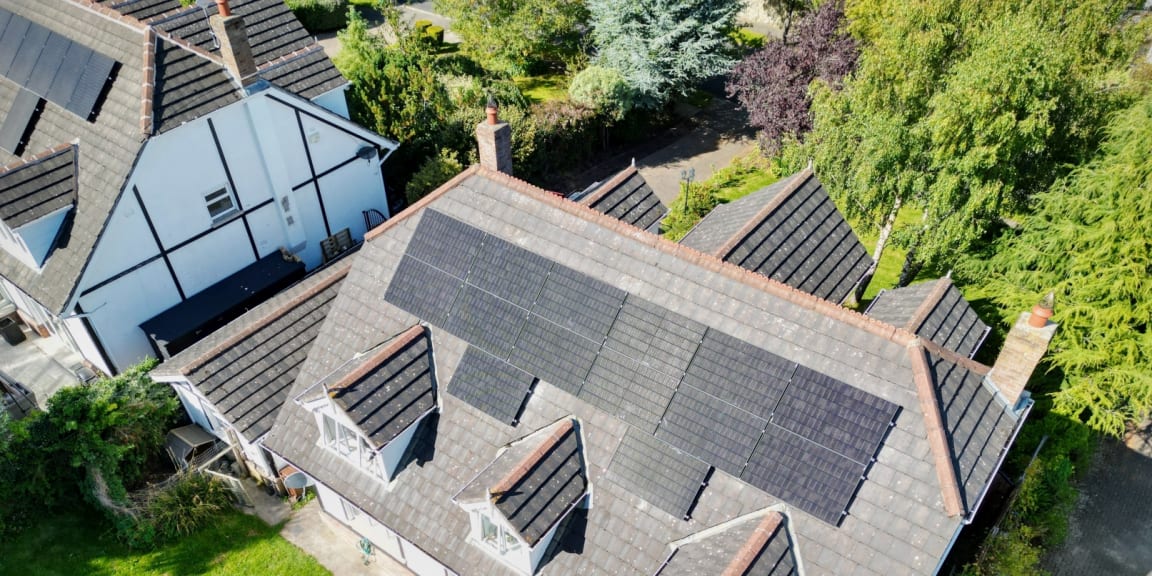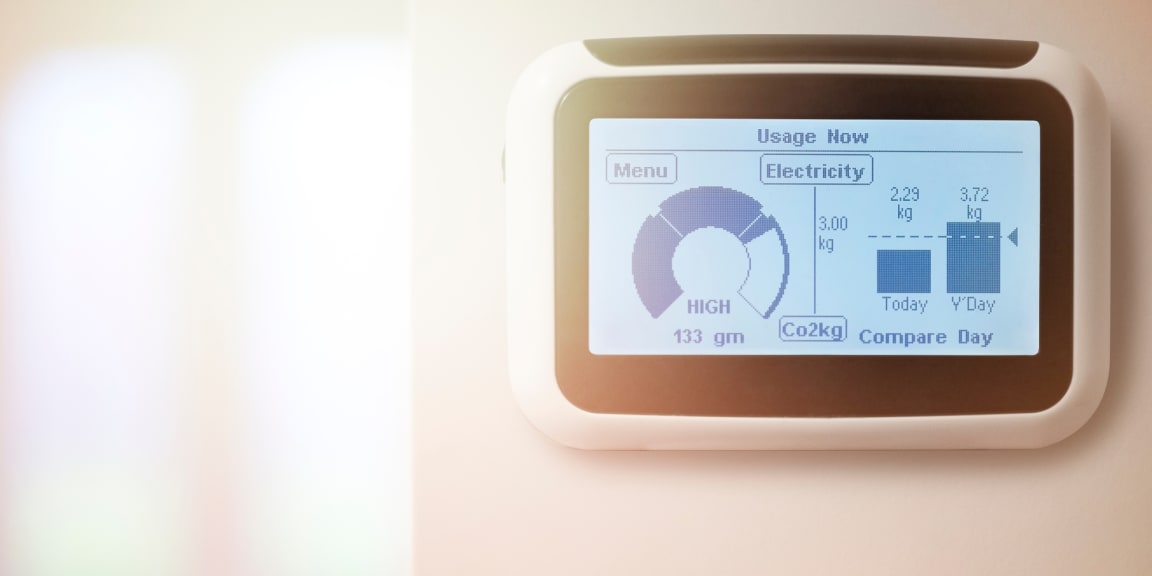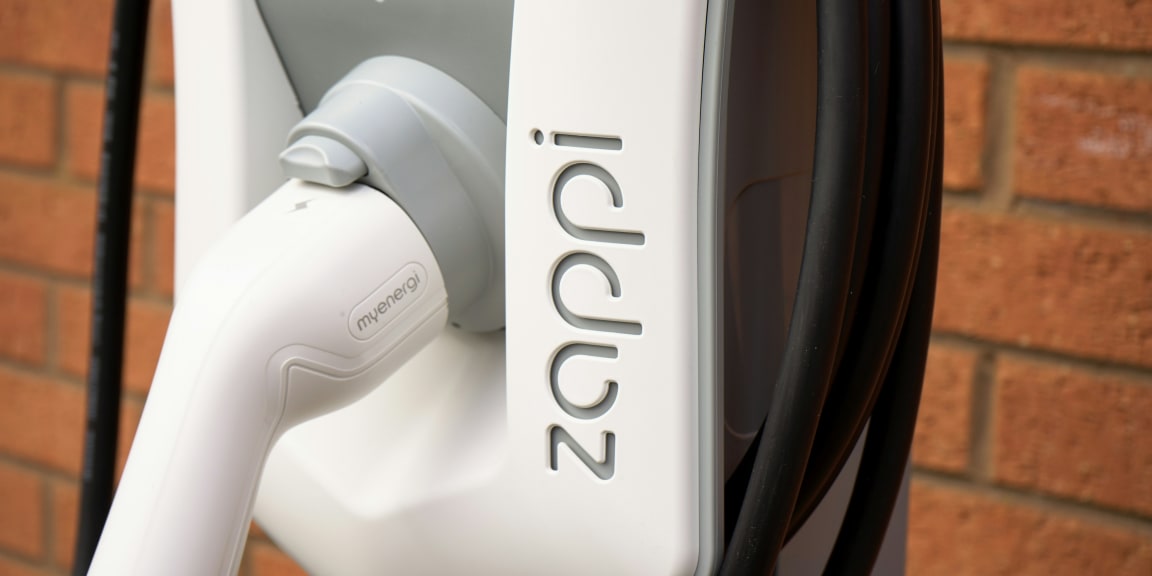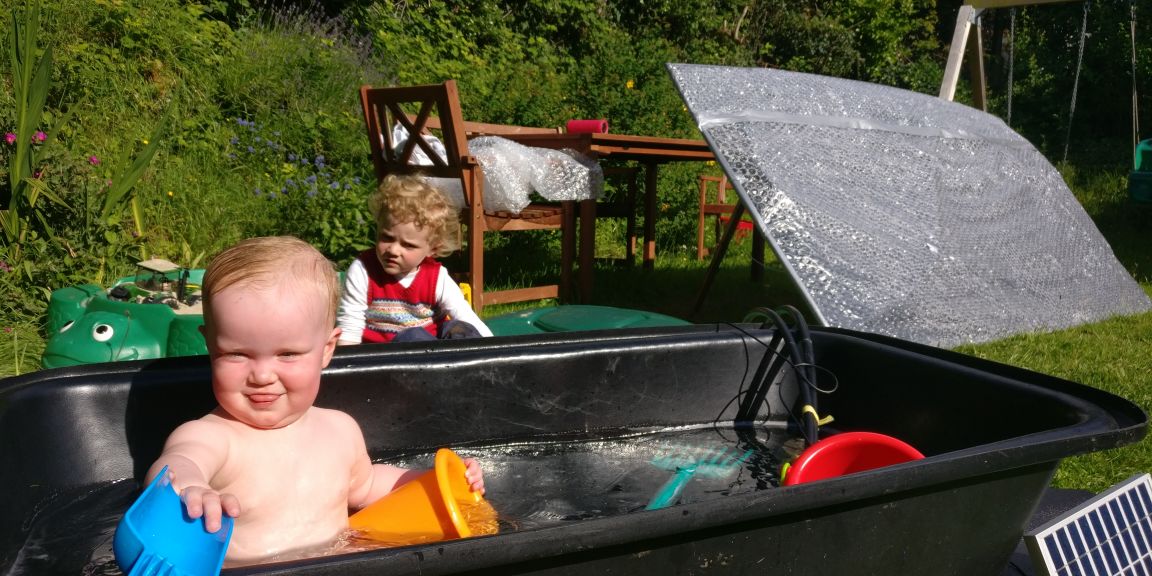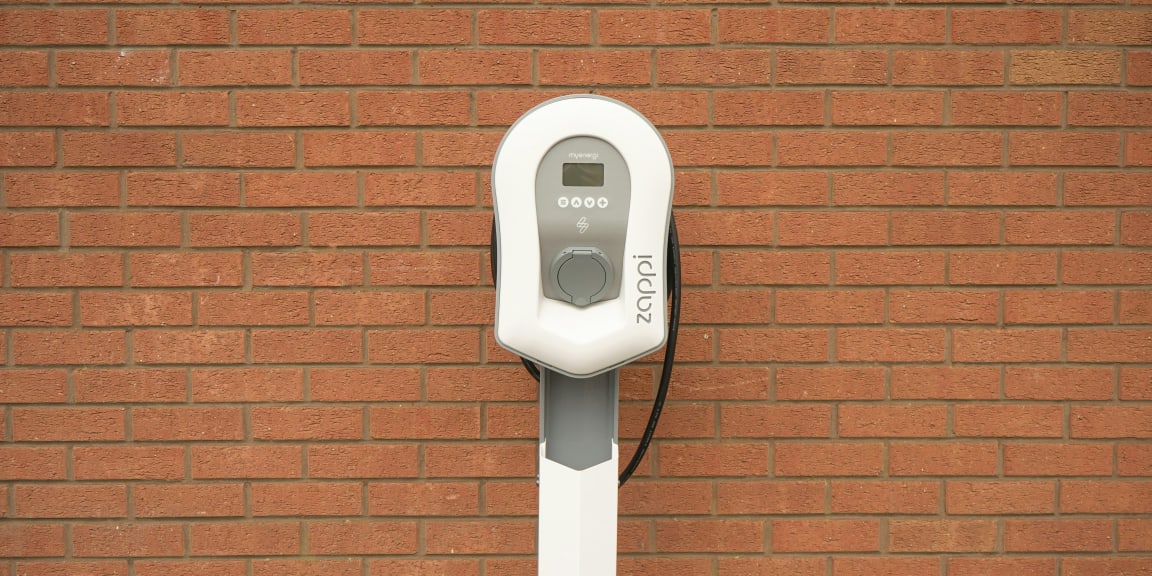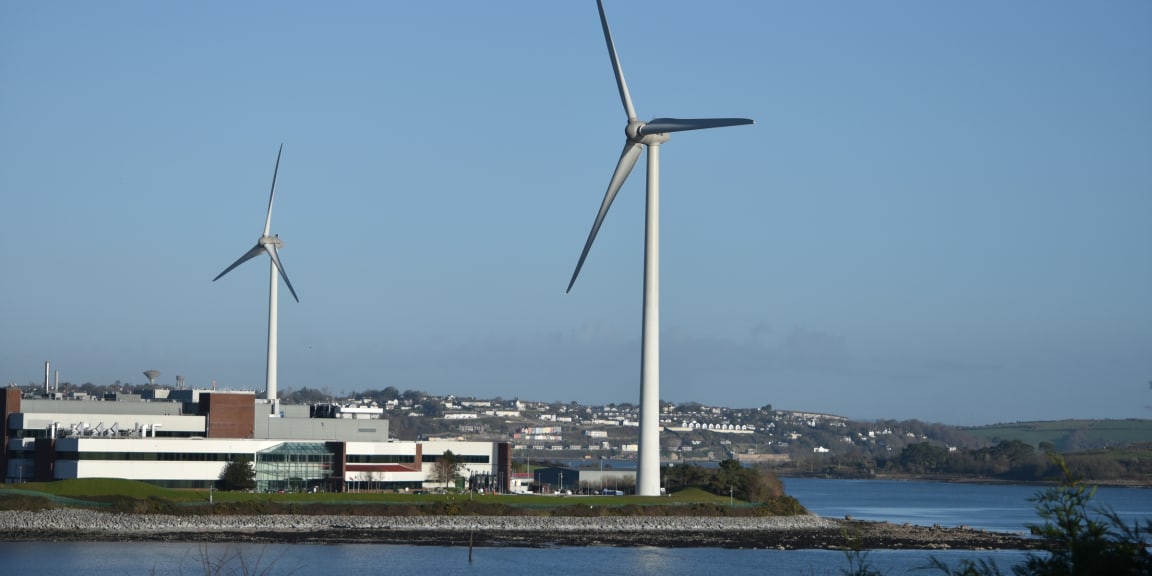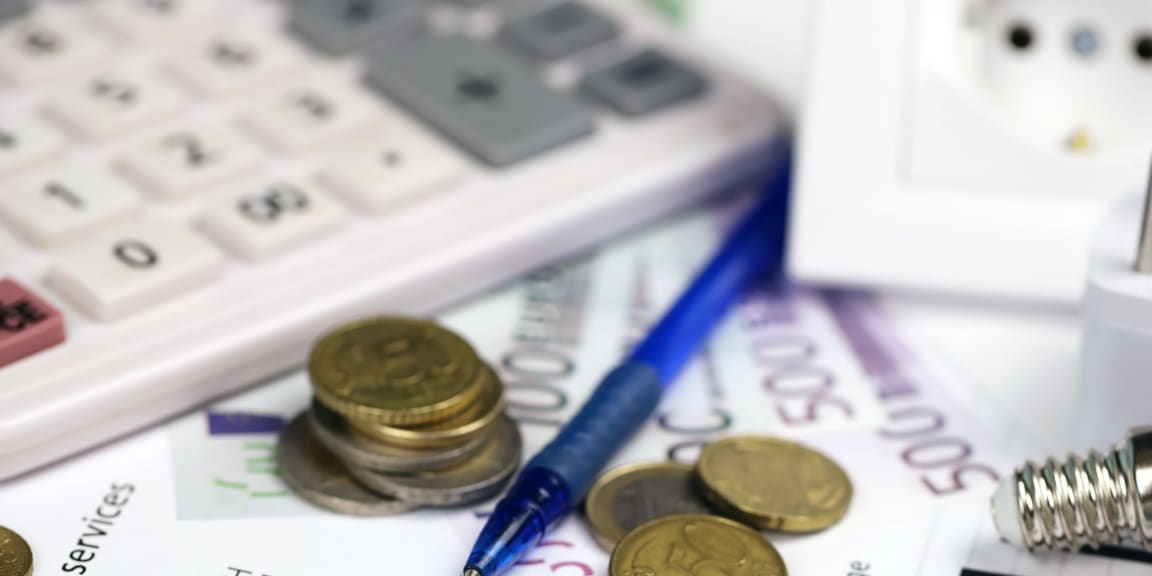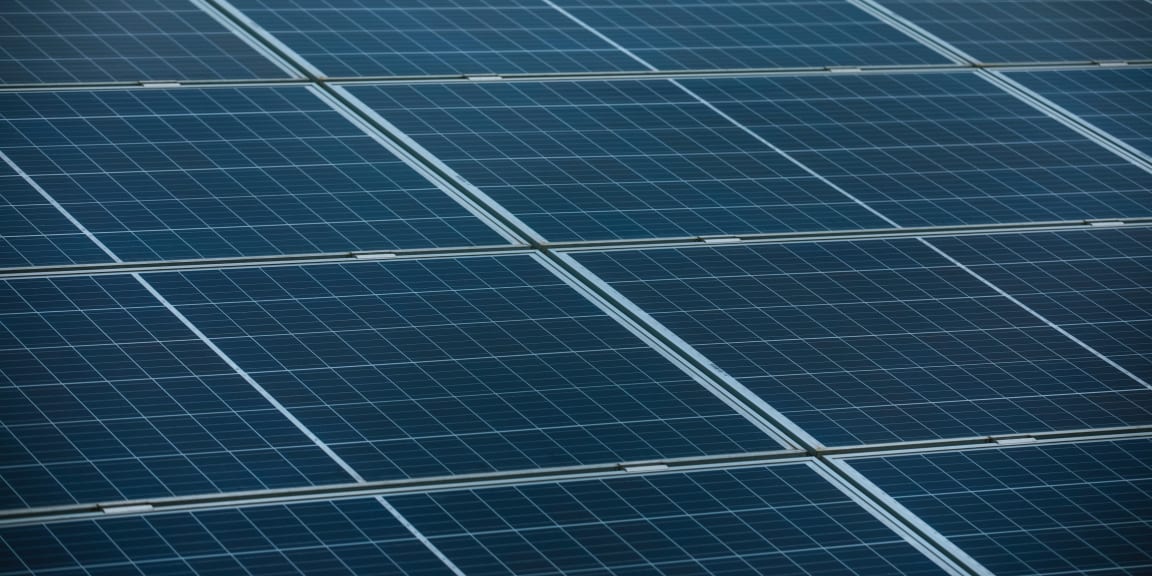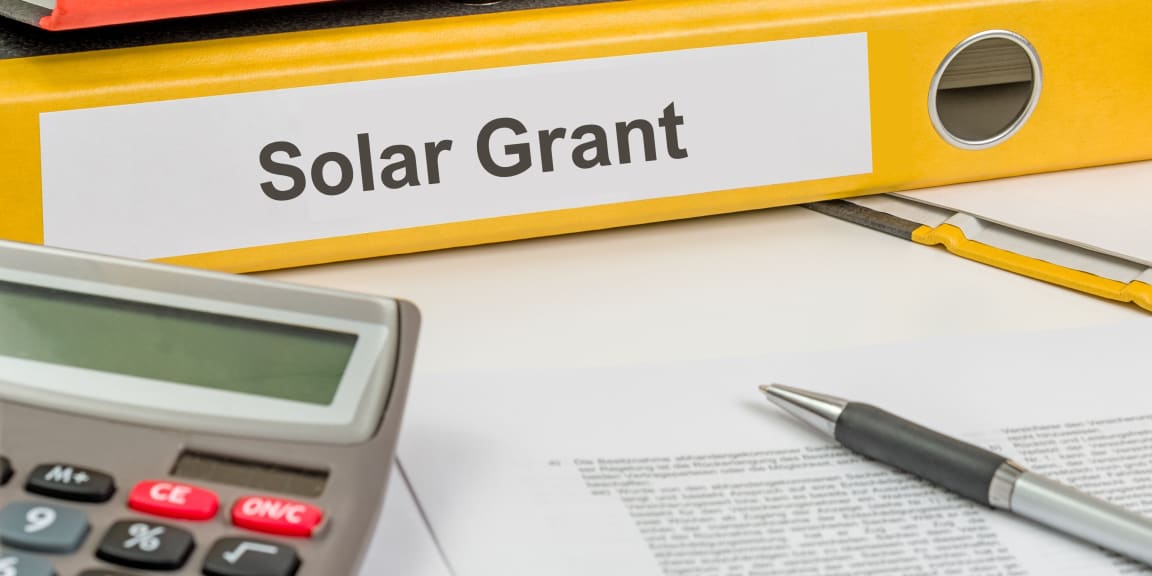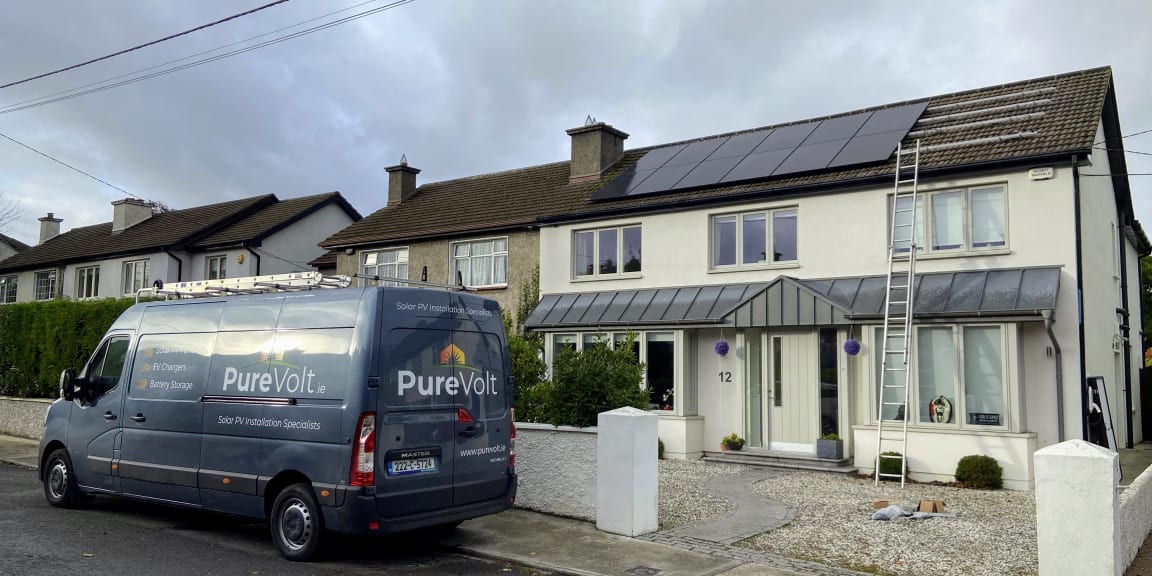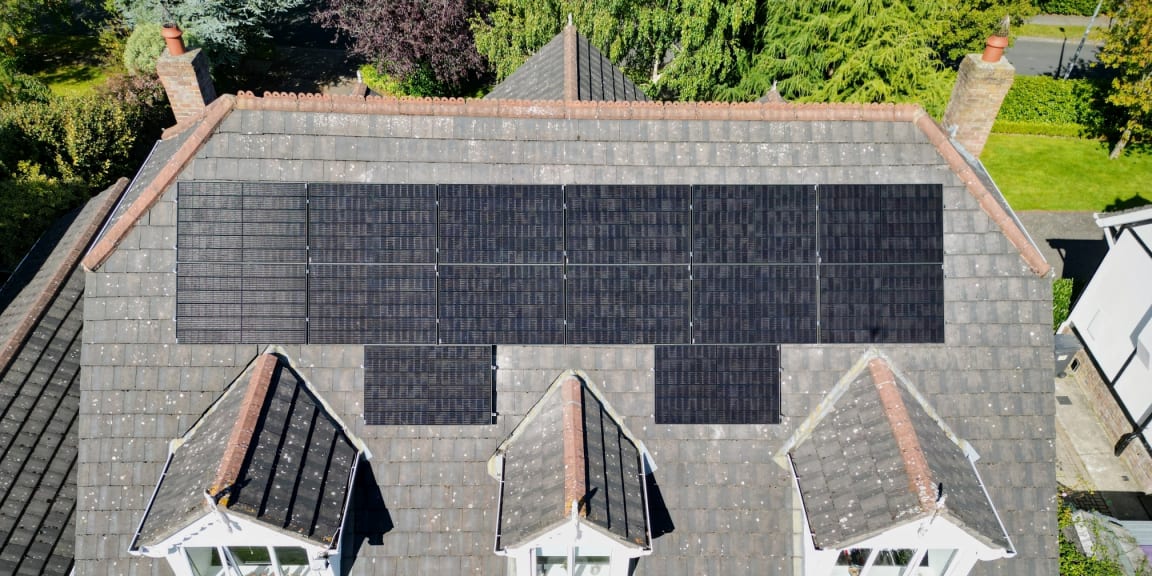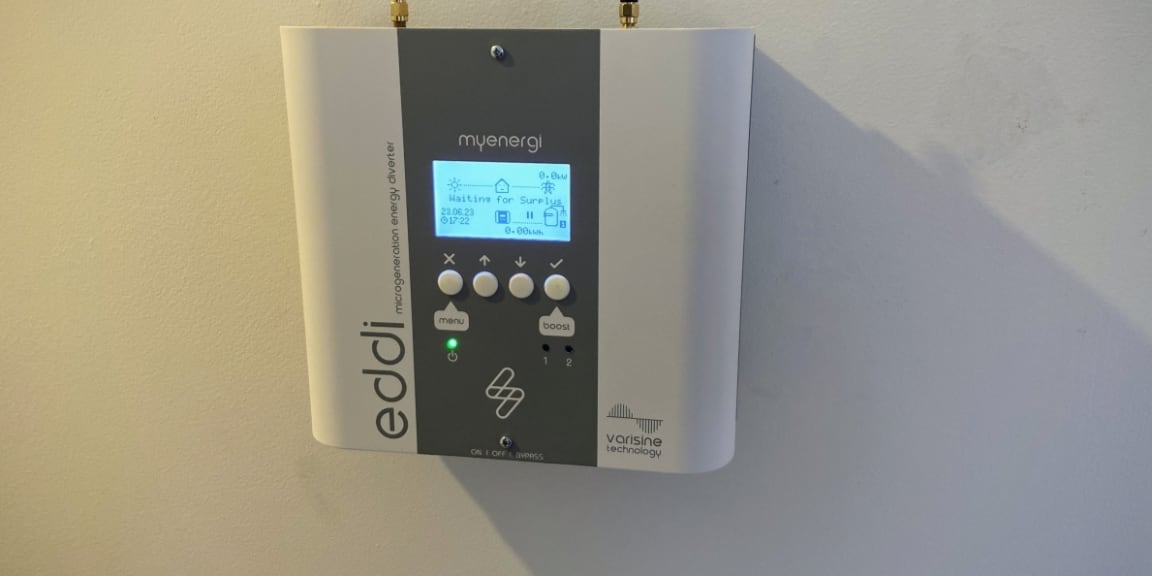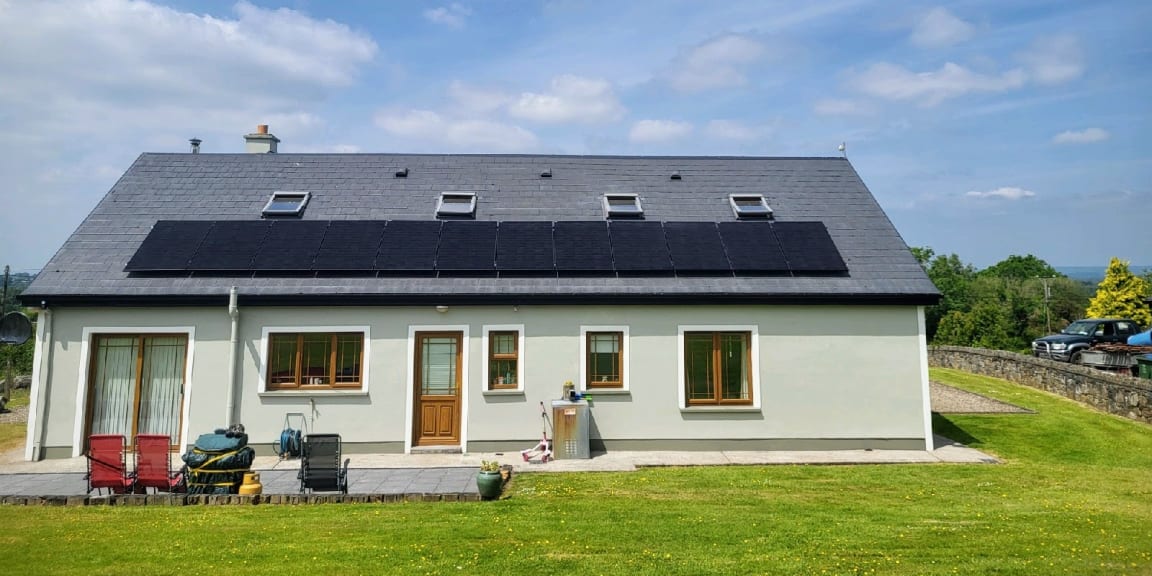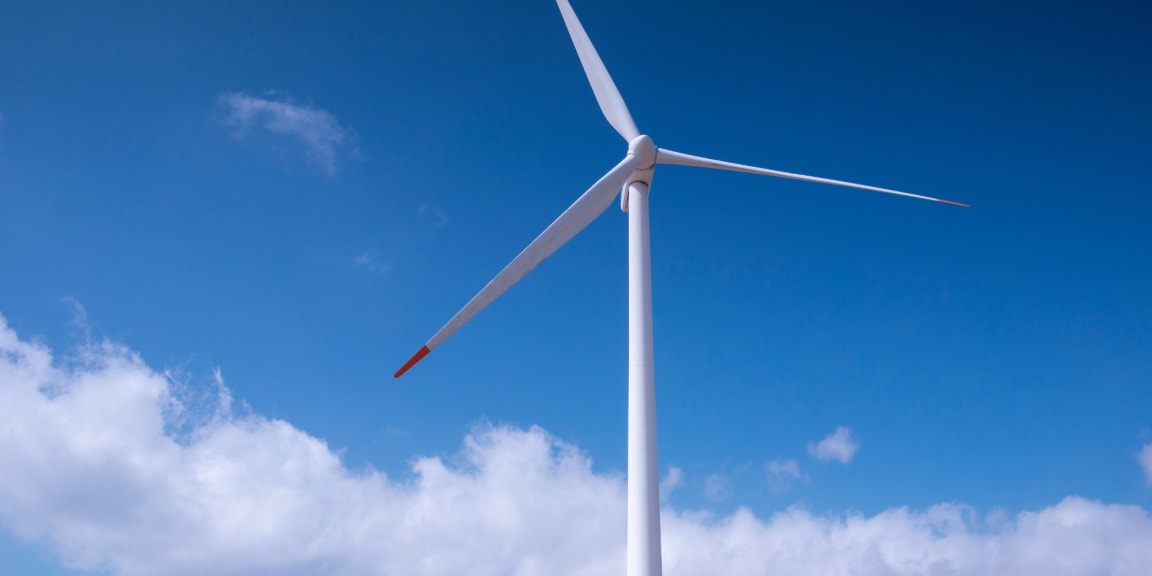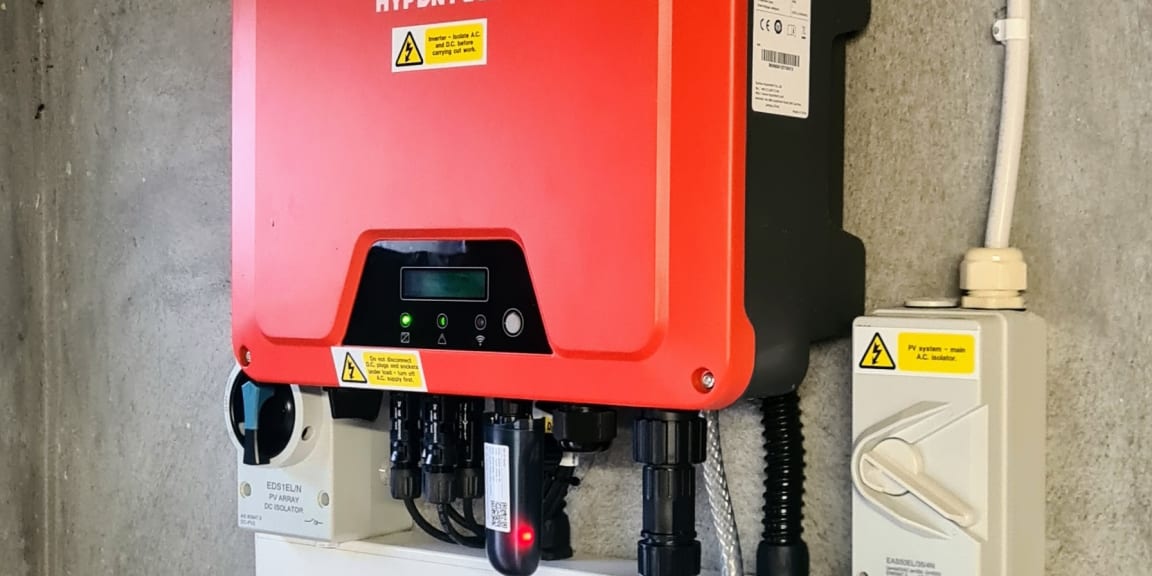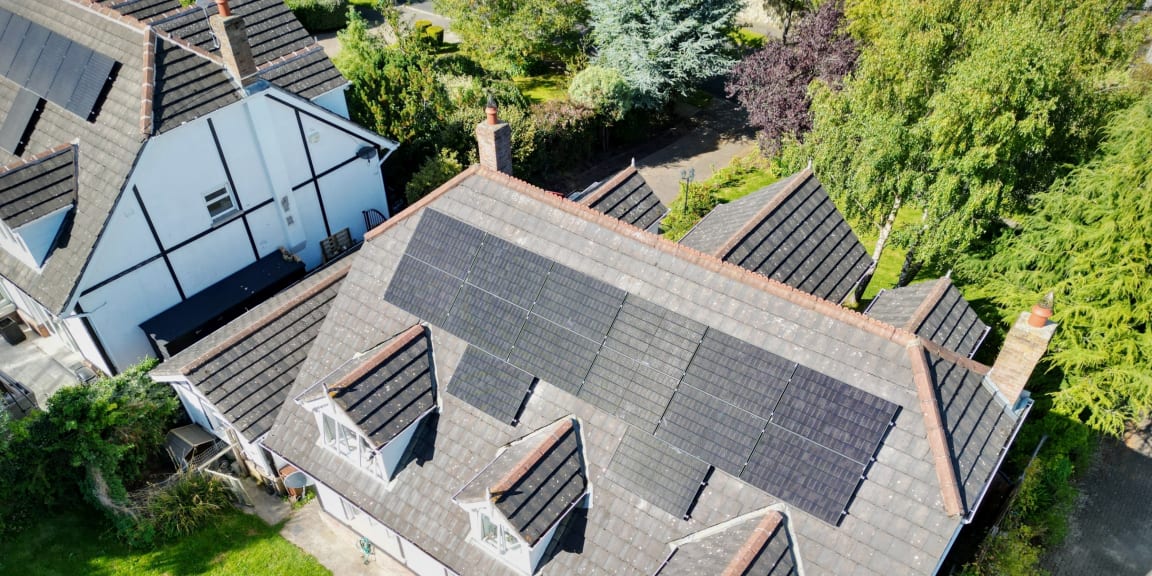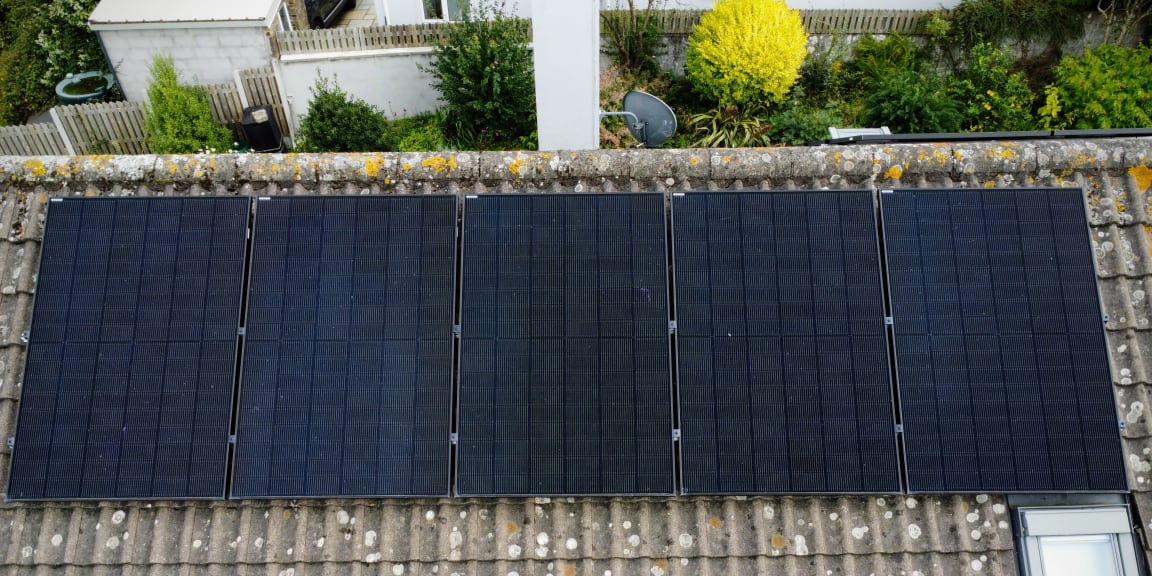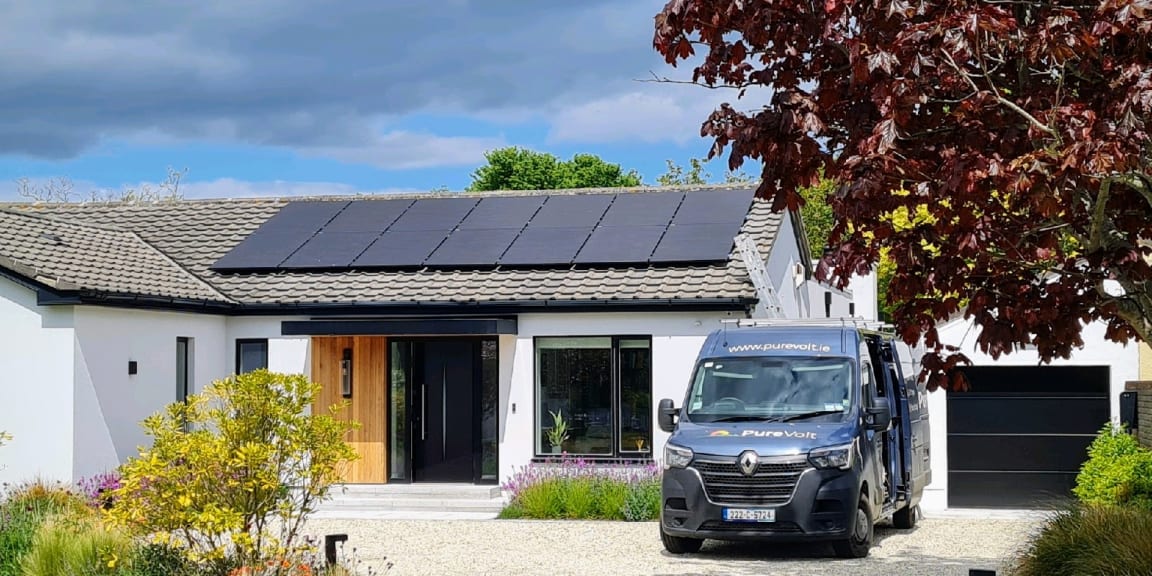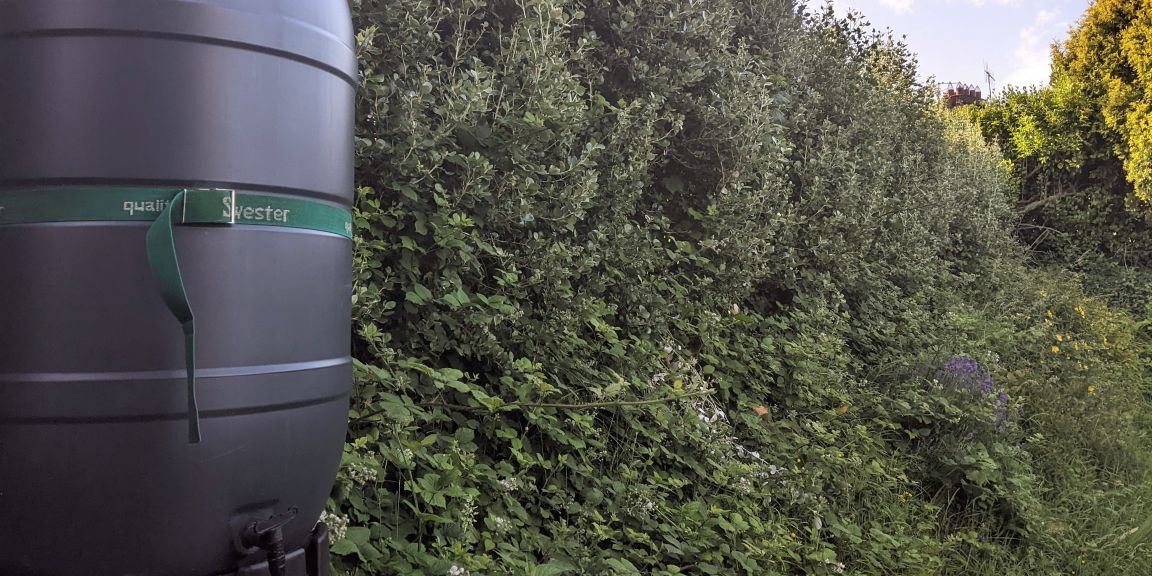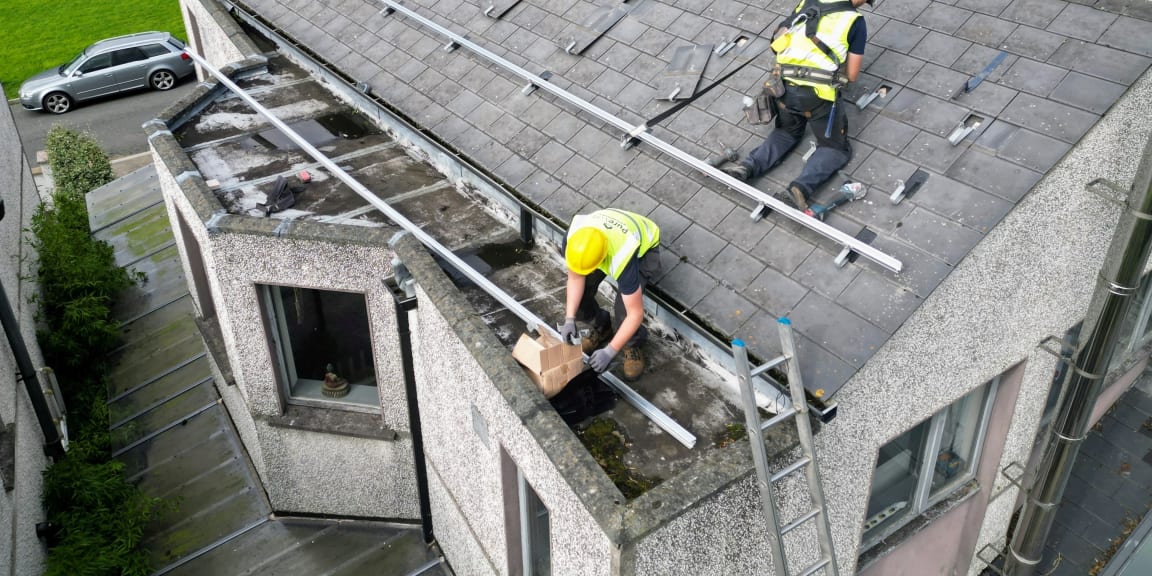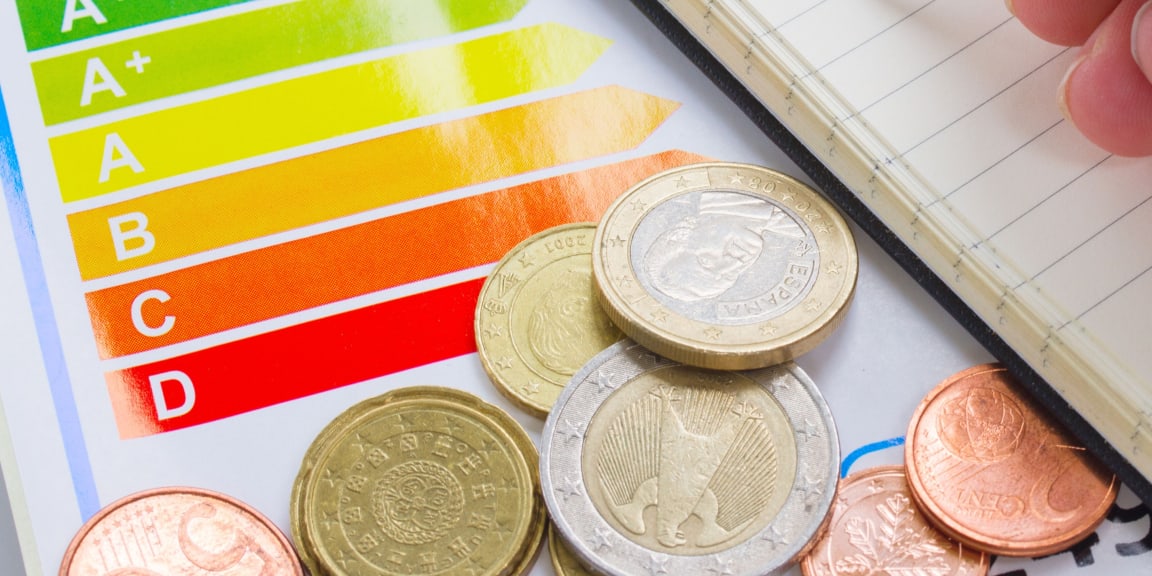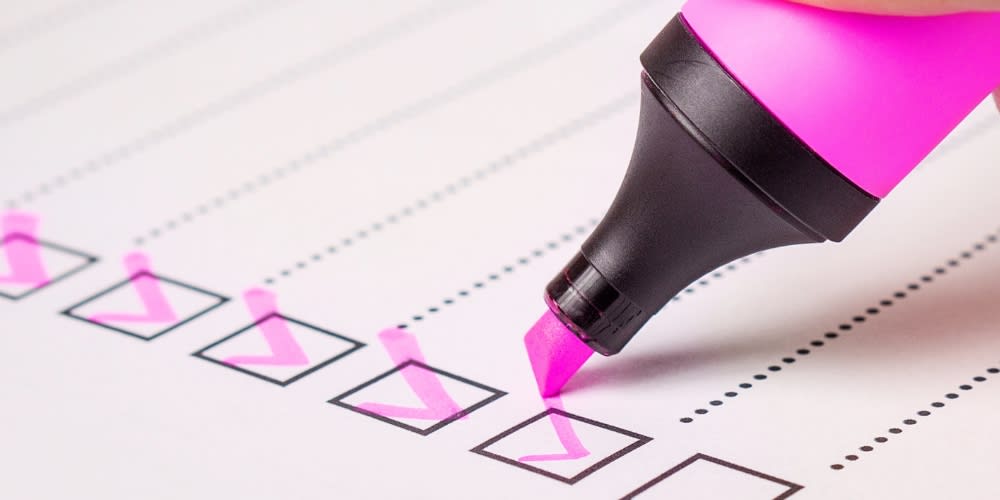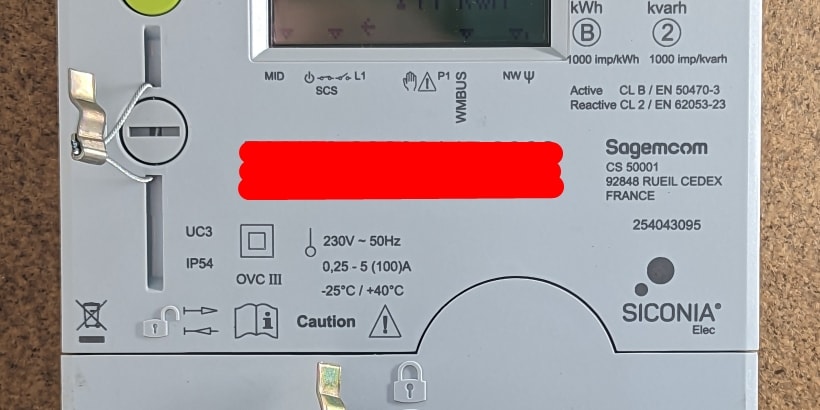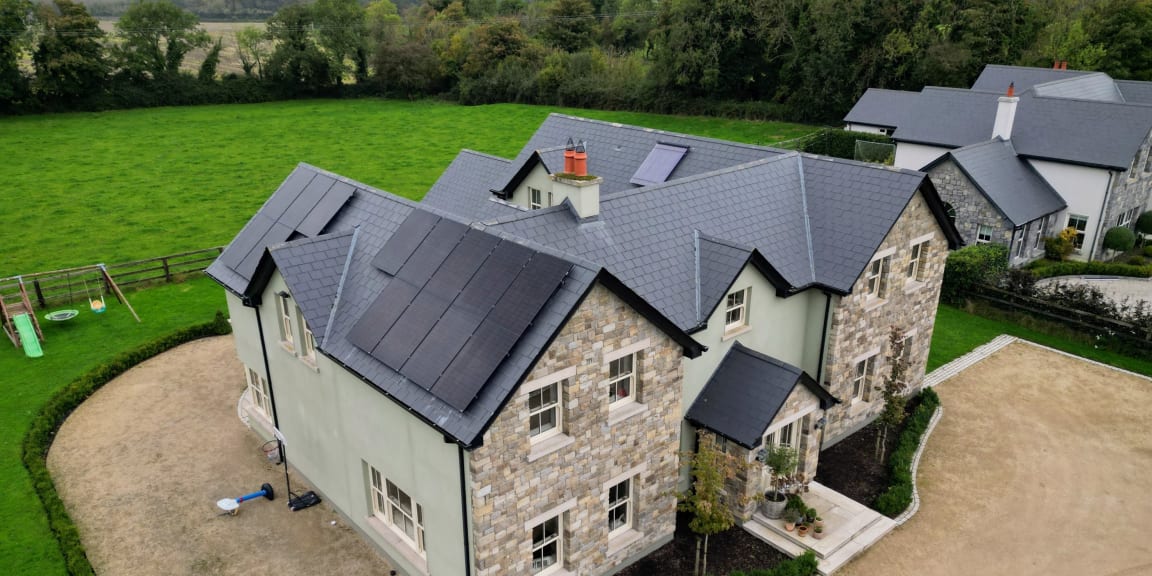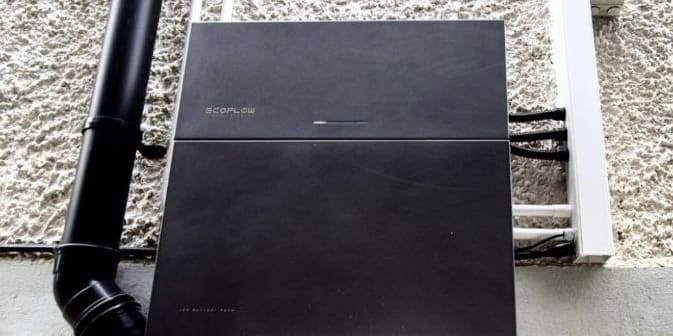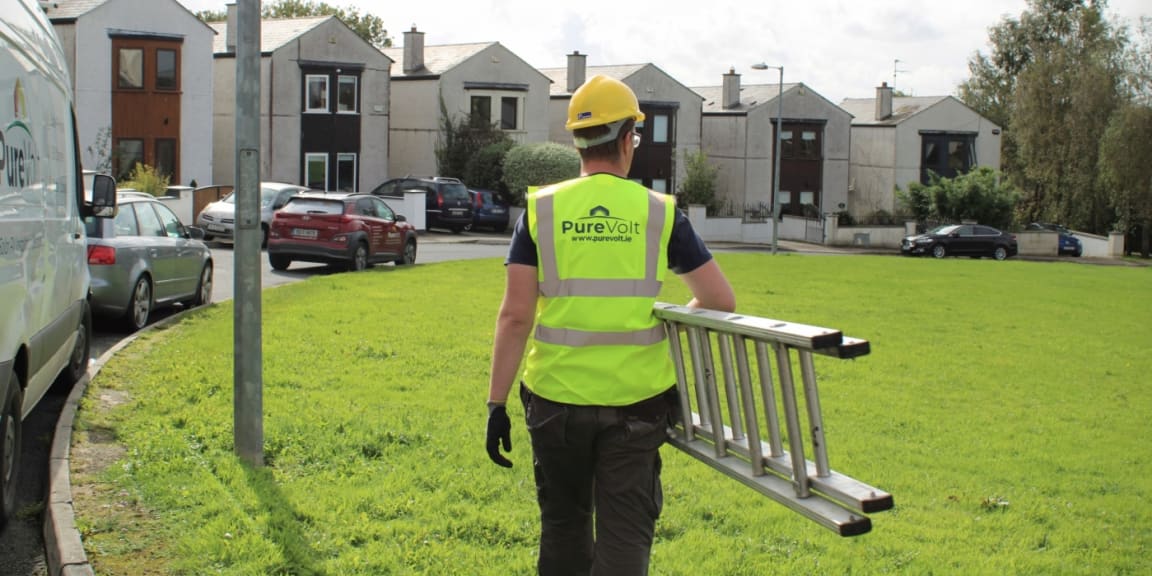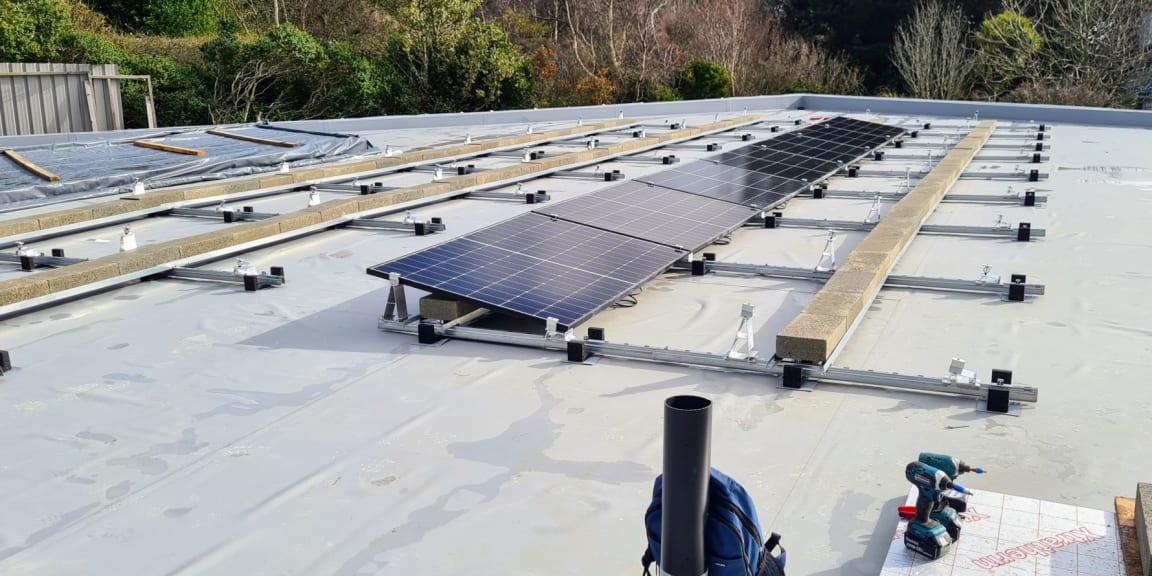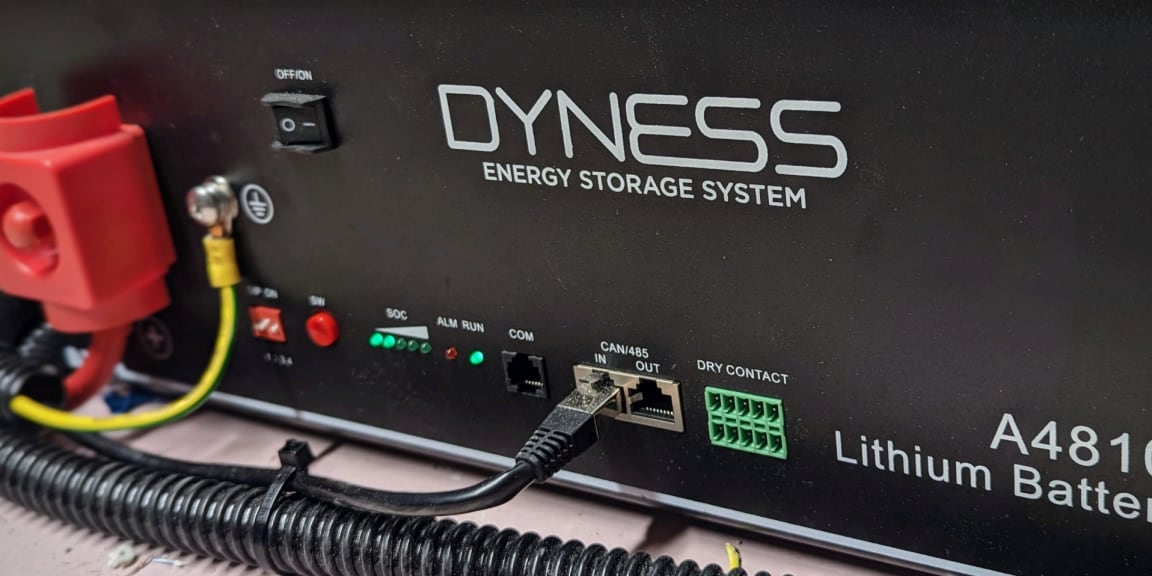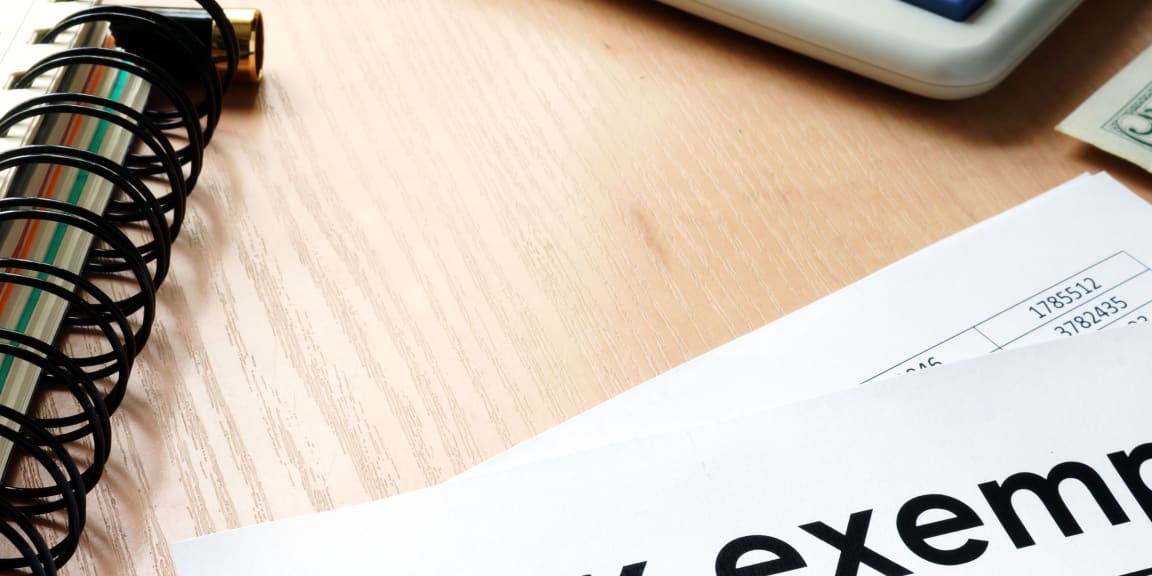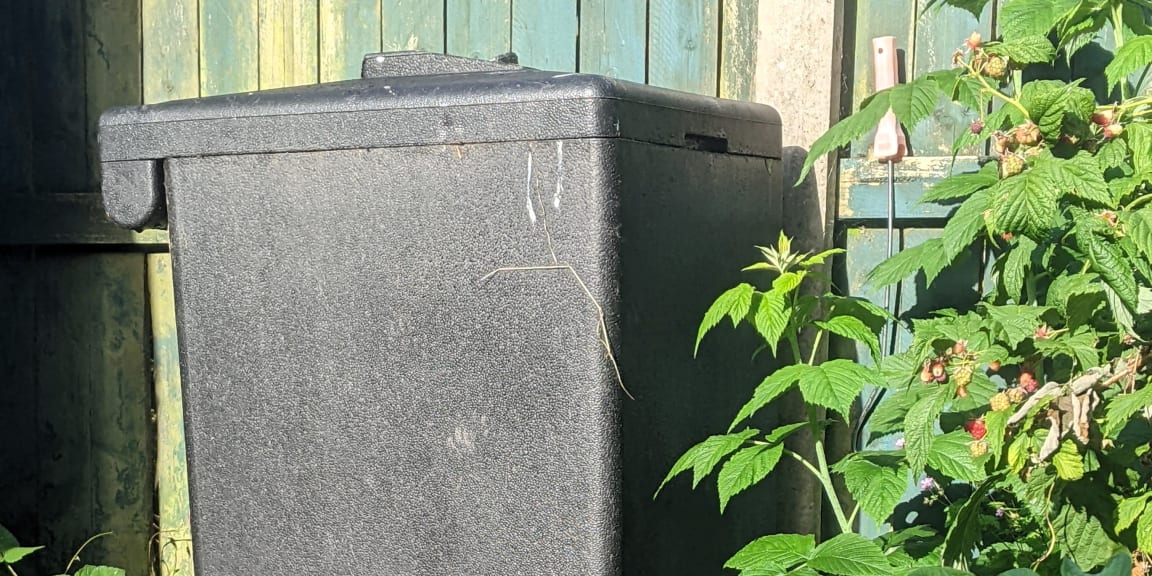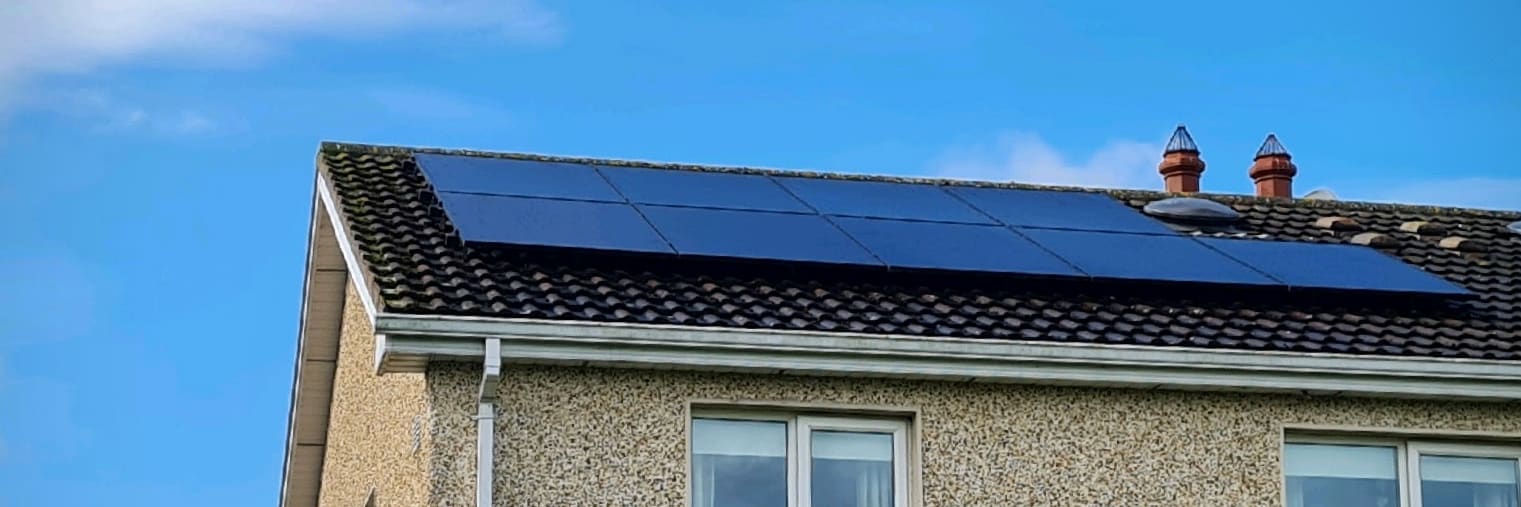
SEAI approved solar panel installers Benefits, Grants, and how to check who's officially registered
We are an SEAI approved solar panel company
Firstly, just to confirm that yes, PureVolt Solar is an SEAI approved PV Solar Panel company. We are registered both as a Domestic Solar Installer and a Non-Domestic Solar Installer (commercial, public buildings etc)
Sometimes you'll hear companies such as us being called SEAI-approved solar panel companies or, SEAI-registered solar panel companies - they mean the same thing.
How do I check who is officially registered with the SEAI?
Click here to open the SEAI's list of approved solar PV companies .
You can also download the full lists with these links:
- Download List of Registered Domestic Solar PV Companies from SEAI (345 companies)
- Download List of Registered Non-Domestic Solar PV Companies from SEAI (201 companies)
Please note though, the SEAI only updates lists about once per month. If you have a quote from a newly registered company, they may not yet appear on the official list even though they are registered.
Domestic vs Non-domestic solar installers
There are two separate registrations with the SEAI. A solar installation company can be registered as a Domestic Solar PV Company, a Non-Domestic Solar PV company, or both. The company you use must have the correct registration (domestic or non-domestic) for the work done to be eligible for that grant.
Watch out for the other lists!
The SEAI's website isn't always the most clear - do watch out for other lists on there. Solar thermal systems (which produce hot water only) and one-stop shops (that offer a range of services) are listed separately and have different companies on their lists. To qualify for the solar PV grant, a company must be on the SEAI's list of registered Solar PV Companies. The links above will direct you to the appropriate resources.
What are the benefits of using an SEAI-approved installer?
The main benefit to you is grant eligibility - if you want to claim an SEAI grant towards your solar panels, the work must be done by an SEAI-approved solar panel installer.
There are other benefits too - as checks have been done on registered installers, special domestic solar PV training must have been done, we all follow their code of practice, and the SEAI carry out inspections to ensure such standards are maintained.
Get a quote to see what going solar could save you. It's quick, easy, and free.
What does an SEAI approved solar panel installer mean?
SEAI Approved Solar Panel installation companies are private companies / self-employed people - we do not work for the SEAI.
The SEAI conducts basic checks and ensures that companies adhere to specific standards of work. Additionally, the SEAI performs inspections of the work carried out by registered PV solar installers.
The details of being an "SEAI approved solar PV company"
There are 4 main aspects to becoming an SEAI registered company:
Solar specific training
There's the special QQI domestic solar training requirement on top of the normal electricians' qualifications and certifications.
Standard company diligence
The SEAI do some basic company checks - our taxes are all up to date, appropriate insurance is in place etc.
Code of practice
We, like all registered companies, have signed up to the SEAI's Code of Practice. This document provides extensive details on everything from the information included in our quotes to the safety stickers we place on the equipment. You can download the SEAI's Domestic Solar PhotoVoltaic Code of Practice for Installers here .
Inspections
The SEAI will inspect us from time to time, to ensure we are following through on everything we've promised to do in the code of practice.
Is this the same as "RECI"?
No. Any person / company doing any form of electrical work must be RECI certified (Register of Electrical Contractors Ireland). To be an SEAI registered PV solar panel installer, it's like RECI plus the solar specific bit on top - there's extra we must do on top of general electricians.
Can I use a non-SEAI registered solar panel installer?
Yes. The only legal requirement is that the contractor you use is RECI certified, which is the same for any electrical work.
Do be aware that any work done by a non-registered installer will not be eligible for any grants, though.
Who are the SEAI?
The SEAI are the "Sustainable Energy Authority of Ireland".
The SEAI are the government body whose aim is to reduce energy consumption and maximise the use of renewable energy here in Ireland.
They offer grants and support to individuals in a range of areas - solar, wind, insulation, electric cars, full deep retrofits and more.
Their remit covers all sectors — individuals, businesses large and small, public sector, community projects and more.
If you are thinking about reducing your energy consumption and carbon footprint, at work or at home, then checking out the SEAI's website is well worthwhile. They've a huge range of supports available.
